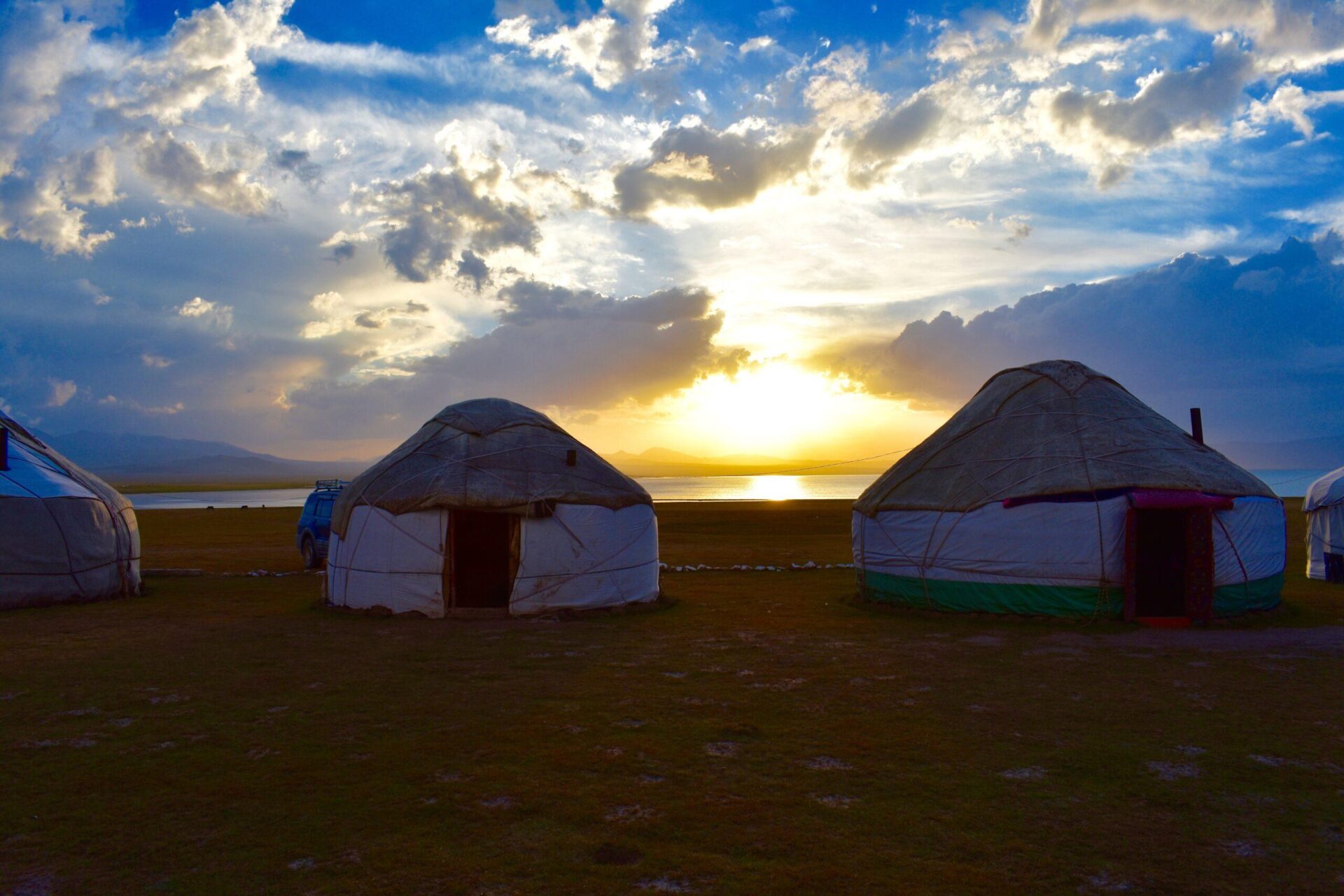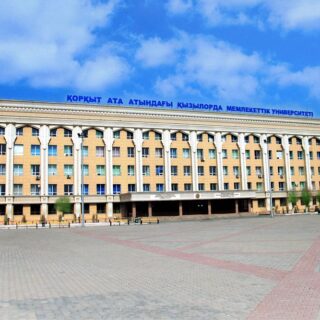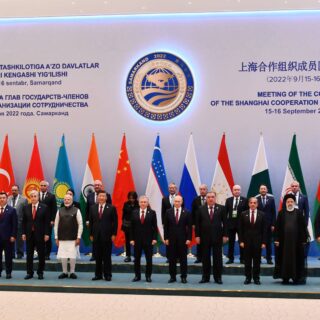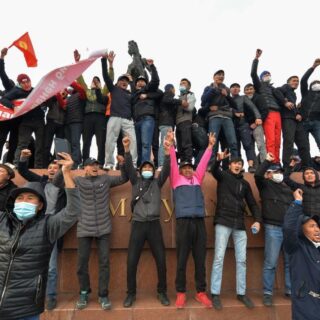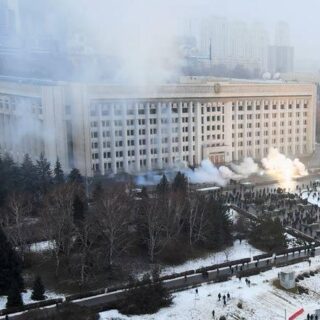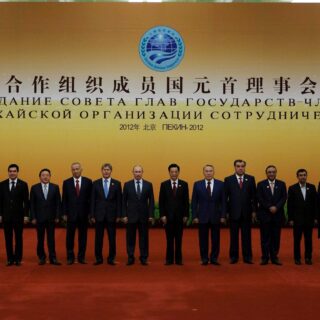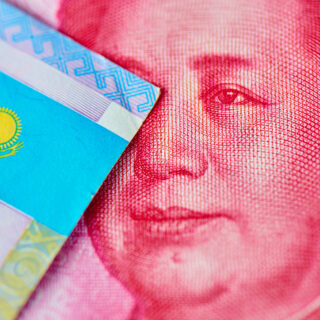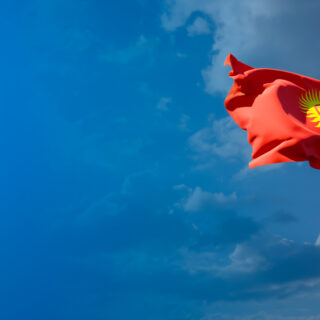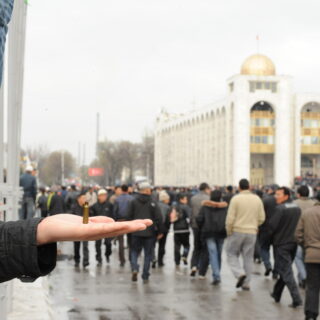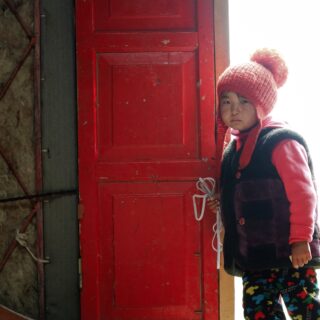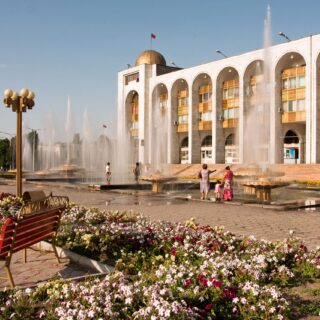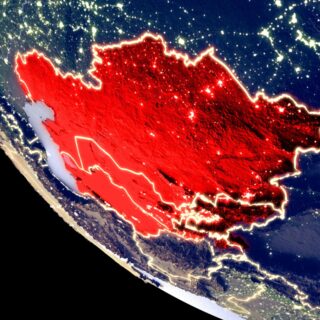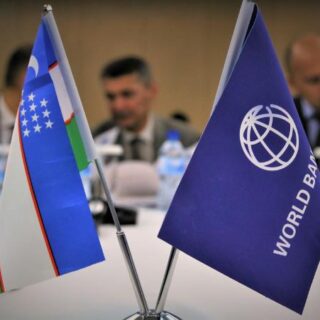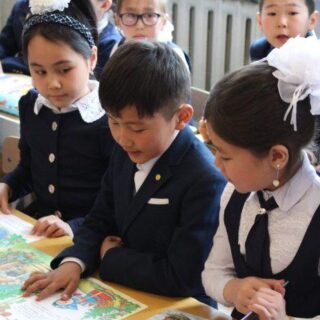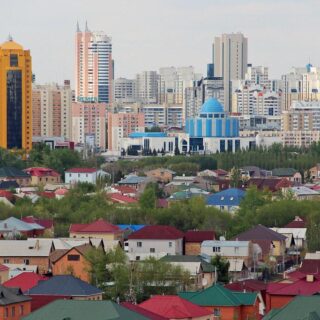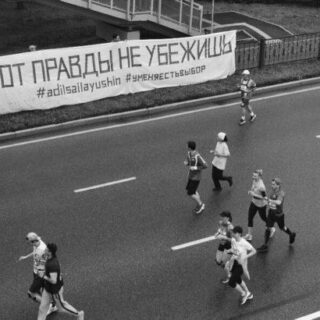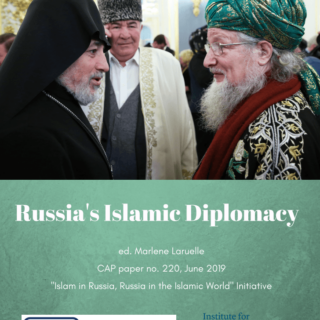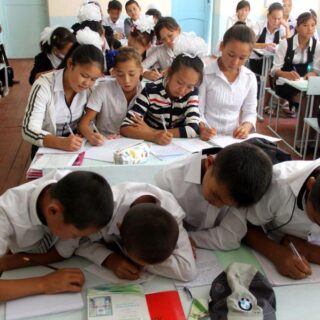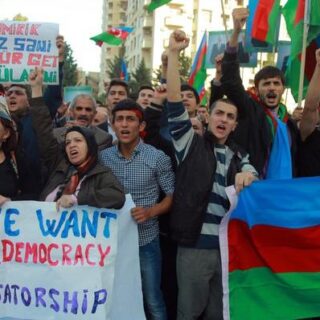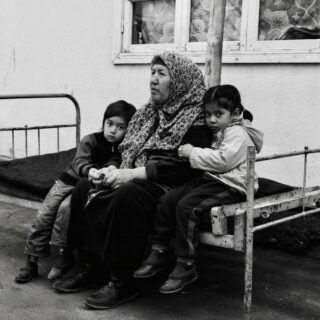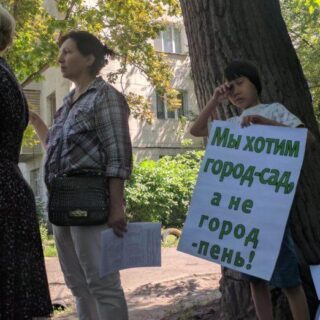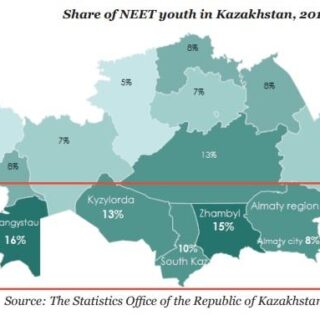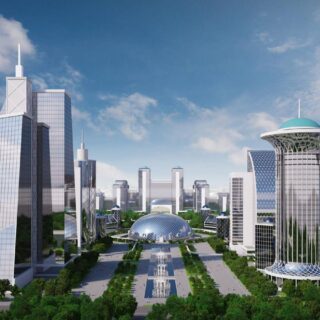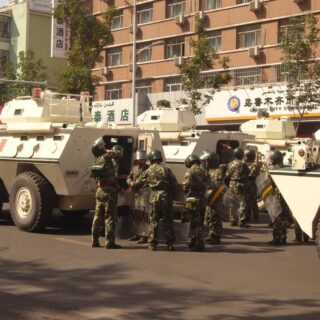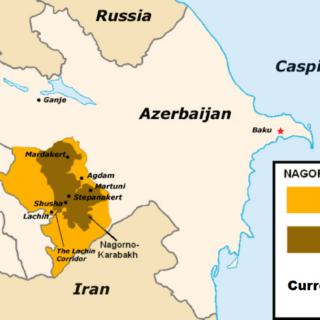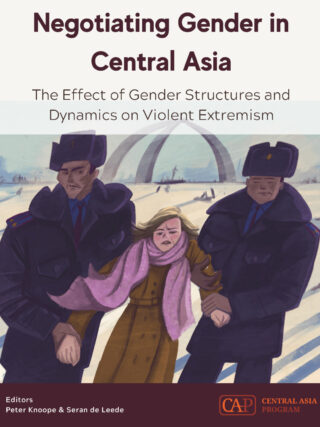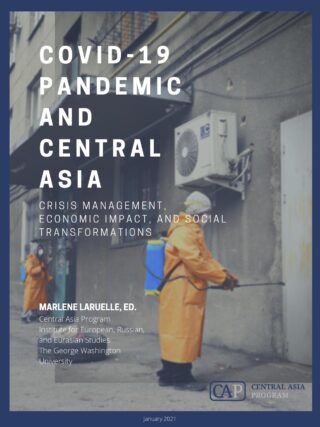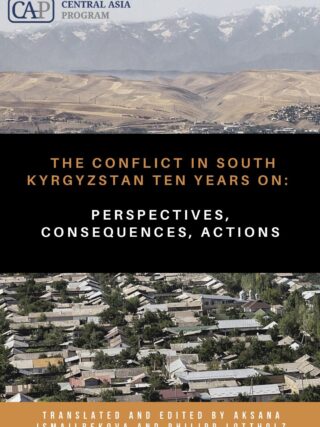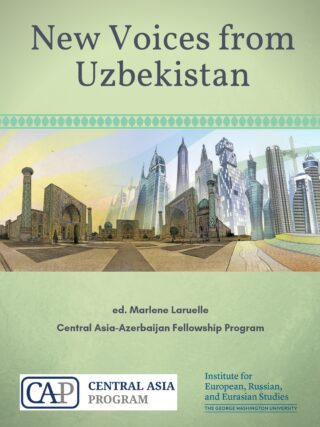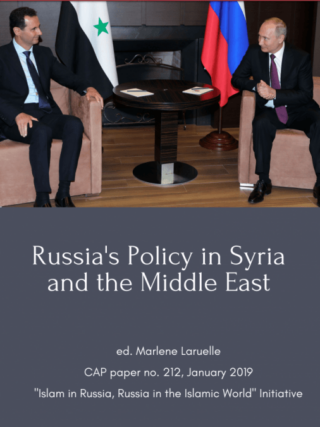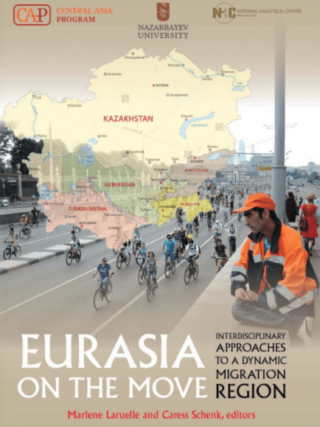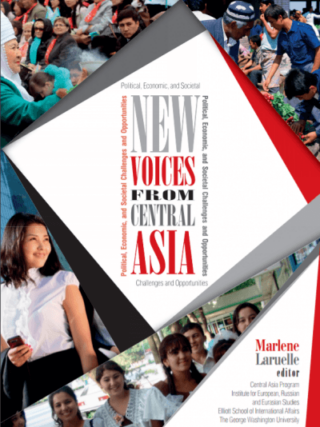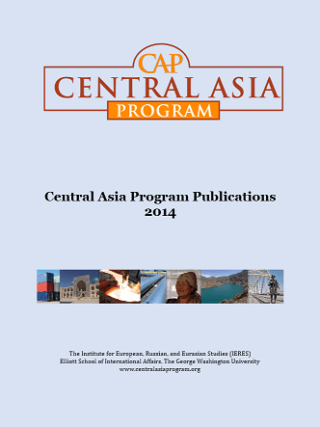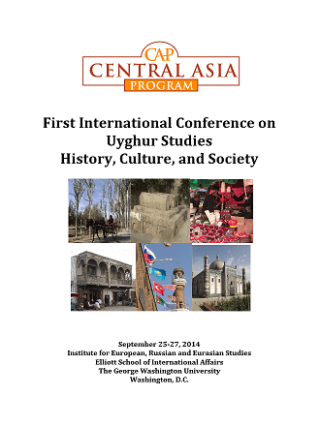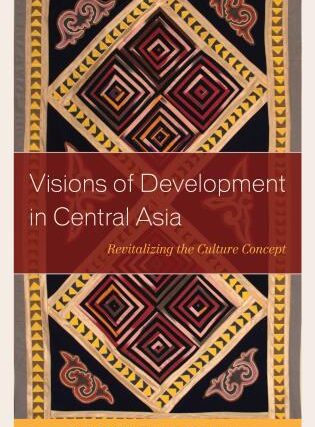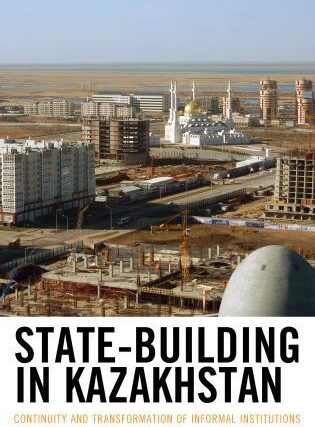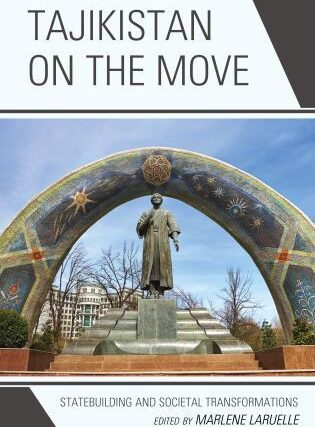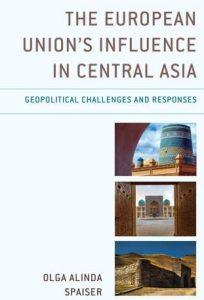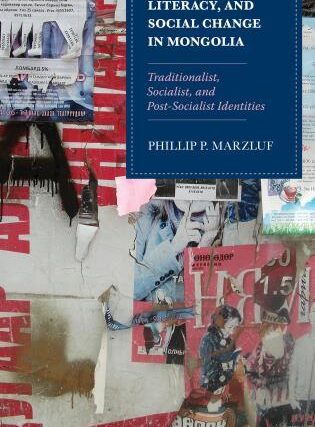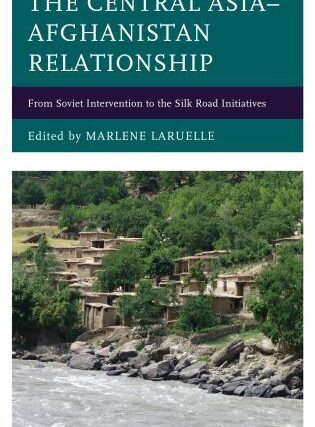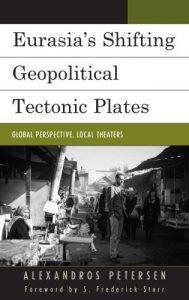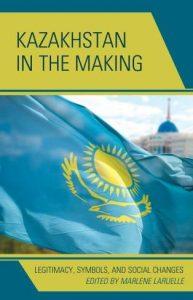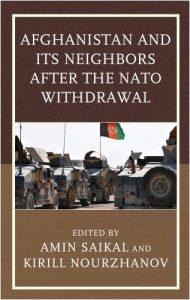Photo by Kasia Ploskonka
ONLINE PUBLICATIONS
Researching Central Asia. Navigating Positionality in the Field
A Year in American School: A View of an Alien, Parent, and Educator
Internationalization of the Educational Activities of the University
10 Apps for Accessing and Navigating This Odd Digital World from the Point of View of an Educator
Why Should People Form Professional Groups and Associations?
What Can We Teach Our Students about Democracy?
Book talk with the author of Social Innovations in Post-Soviet Countries
Tricky Summitry as Rising Powers Meet at Shanghai Cooperation Organization in Samarkand
Black Snow of December (Excerpt from Amanat)
Bлияние программ переселения на повышение конфликтности в регионах Казахстана
The Future of The CASA-1000 Electric Megaproject in the Context of the New Afghanistan
Making sense of the January 2022 protests in Kazakhstan: failing legitimacy, culture of protests, and elite readjustments
Meet the New Boss, Same as the Old Boss: Turkmenistan’s Presidency and Serdarism
Digital Transformation in Tourism Sector: Analysis of the Almaty – Karakol Case
The People’s Perspectives: Assessing Sadyr Japarov Through the Opinions of His Constituents
Koryo Saram: Post-Soviet Koreans’ Identity as Low-Skilled Workers in South Korea
Bride Kidnapping in Kyrgyzstan: A Reflection of Conservative Values?
Riots in Kazakhstan | PONARS Eurasia Commentaries
“Dear Nike, Just Don’t Do It!”: A Transnational Digital Connective Action on the Issue of Forced Uyghur Labor at Nike Sweatshops in China
Women Forging Peace in the Ferghana Valley? An Analysis of Gender Inclusion in Peacebuilding and Transboundary Water Resource Management Projects in the Ferghana Valley
Interview with Dr. Kairat Kelimbetov, Governor of the Astana International Financial Centre
“Too Russian For Kazakhstan, Too Kazakh for Russia”: Looking at Ethnic Russian Student Migration
Emil Shukurov on Nomadism: A Kyrgyz Response to the Environmental Crisis
Inequality Between Students of Rural and Urban Schools in Kazakhstan: Causes and Ways to Address It
Transition to Sustainability in Azerbaijan: Policy Review and Analysis
Facilitators of Societal Change? Exploring Educated-Abroad Youth’s Potential to Advance Gender Equality in Turkmenistan Through Civic Activism
Violent Extremism and Youth: How to Build a Productive Dialogue Between Young People and Government
Taliban at the Border: A New Regime Neighboring Tajikistan
Iran’s New Membership and Russia’s Global Vision: the Shanghai Cooperation Organization’s Transformations
How South Korea Builds its Soft Power in Latin America, Learning Lessons From its Diaspora Outreach in Russia and Central Asia
Q-Pop, The Pride of Kazakh Youth, and its Stimulation of Ethnic Identity
China and Central Asia: Warm Politics, Cold Public
Reclaiming Historical Past and Collective Public Memory: The Case of Valikhanov in Kazakhstan
Competing for Cake Crumbs: Why Chinese Mining Leads to Conflict in Kyrgyzstan but not Tajikistan
The United States, Kazakhstan, and Environmental Cooperation
Current Political, Economic, and Social Challenges in Tajikistan
Examining the Causes of Femicide in Kazakhstan
The Many Faces of Polygyny in Kazakhstan
Кыргызстан 2020: протесты рабочих и трудовые права
Социальные движения как отражение поляризации в кыргызстанском обществе
Социальные группы поддержки политика С. Жапарова
Власть и пространство в социальных мобилизациях: предварительные мысли о протестах, приведших к смене власти в Кыргызстане осенью 2020 г.
Disabling Public Discontent: The 2021 Parliamentary Elections in Kazakhstan
To What Extent Are Minority Religious Rights Protected in the Kyrgyz Republic?
Informing the Public about the Dangers of a Pandemic. Early COVID-19 Coverage by News Organizations in Kazakhstan
Migration and COVID-19: Challenges and Policy Responses in Kyrgyzstan
COVID-19 Outbreak in Post-Soviet Central Asia: Has the Time Come for Social Innovations?
The Authoritarian Treatment of COVID-19: The Case of Tajikistan
Kyrgyzstan: The Socioeconomic Consequences of the Covid-19 Crisis
The Shanghai Cooperation Organization and OSCE: Organizational Efforts vs COVID-19 in Central Asia
Towards Sustainable Urban Water Supply in Kyrgyzstan
Post-COVID-19 Central Asia and the Sino-American Geopolitical Competition
Identity-Based Discrimination in Kazakhstan: Migrant Workers in Pandemic Times
Post-COVID-19: Can Central Asia be Central to Eurasian Integration?
Women Face-to-Face with Domestic Abuse during COVID-19 Lockdown: The Case of Kyrgyzstan
Post-COVID-19 Regime Stability in Uzbekistan
Responses to Covid-19 and the Strengthening of Authoritarian Governance in Central Asia
Uzbekistan and COVID-19: A Communication Perspective
COVID-19 in Kazakhstan: Economic Consequences and Policy Implications
The New President’s Men: Motivations Behind the Change of Stance of Uzbekistan Concerning the Construction of the Rogun Dam
Конфликт на юге Кыргызстана десять лет спустя: Перспективы, последствия, действия
The Digital Generation and Startups in Tajikistan
Unveiling Girls’ Madrasahs in Kyrgyzstan
Tajik Artists Lead Social Change: The Role of Art in Questioning Tajik Traditional Values
Choosing Your Battles: Different Languages of Kazakhstani Youth Activism
Terrorism without a God: Reconsidering Radicalization and Counter-Radicalization Models in Central Asia
Factors Behind Regional Inequality in Education in Kazakhstan
Women of Uzbekistan: Empowered on Paper, Inferior on the Ground
Reconsidering EU Education Assistance to Central Asia
Peyrouse on the EU’s New Central Asia Strategy | What are Europe’s main interests in Central Asia
Agents of Change? Civic Engagement of Western-Educated Youth in Kazakhstan
The Many Challenges of Native Language Journalism in Central Asia: The Case of Kyrgyzstan
Russia’s Islamic Diplomacy
Between Urumchi and Kazan: The Tatars in Chinese Concentration Camps
Trilingual Education in Kazakhstan: What to Expect
#Hashtag Activism: Youth, Social Media and Politics in Kazakhstan
Vulnerability and Resilience of Young People in Kyrgyzstan to Radicalization, Violence and Extremism: Analysis across Five Domains
Urban Tourism and a Culture Clash: Understanding Anti-Arab Tourist Sentiment in Baku
Turkmenistan: Plebiscite of a Nation of Artisans
Secondary Schools and Inequality: Navigating the Fragmented Landscape of Educational Choices in Bishkek, Kyrgyzstan
Russia’s Policy in Syria and the Middle East: Determination, Delight, and Disappointment
The Geopolitics of Renewable Energy in Kazakhstan
Challenges to Freedom of Movement in Azerbaijan
What Happens When Your Town Becomes an ISIS Recruiting Ground? Lessons from Central Asia about Vulnerability, Resistance, and the Danger of Ignoring Perceived Injustice
Rethinking Urban Activism and Civil Society: Insights from Analysis of Bishkek Civic Networks
Can an Authoritarian Regime Have a Meritocratic Public Administration? The Case of Azerbaijan
Understanding the Rising NEET Phenomenon in Southern Kazakhstan
Who Is “Tashkent City” For? Nation-Branding and Public Dialogue in Uzbekistan
The Biopolitics of China’s “War on Terror” and the Exclusion of the Uyghurs
Assessing the Impact of NGO Peacebuilding Programs in the South Caucasus: The Case of Nagorno-Karabakh
Engaging Youth to Sustain (Inter-Communal) Peace at the Tajikistan-Kyrgyzstan Border
Culture and Islam in Late Soviet Central Asia
Memos and ebooks
Negotiating Gender in Central Asia
Cultures Of Islam: Vernacular Traditions and Revisionist Interpretations across Russia
Central Peripheries: Nationhood in Central Asia (Open Access)
ONE EURASIA OR MANY? Regional Interconnections and Connectivity Projects on the Eurasian Continent
COVID-19 PANDEMIC AND CENTRAL ASIA: Crisis Management, Economic Impact, and Social Transformations
The Conflict in South Kyrgyzstan Ten Years on: Perspectives, Consequences, Actions
New Voices from Central Asia: Societal Transformations (Volume 3)
New Voices from Uzbekistan
Russia’s Islamic Diplomacy
Изобретение концепта Средней/Центральной Азии. Mежду наукой и гeoполитикой
Искусство народов Центральной Азии/Arts of the peoples of Central Asia
Russia’s Policy in Syria and the Middle East: Determination, Delight, and Disappointment
Eurasia on the Move. Interdisciplinary Approaches to a Dynamic Migration Region
New Voices from Central Asia: Political, Economic, and Societal Challenges and Opportunities (Volume 2)
China’s Belt and Road Initiative and its Impact in Central Asia
Kazakhstan: Nation-Branding, Economic Trials, and Cultural Change
Tajikistan: Islam, Migration, and Changes
Kyrgyzstan: Political Pluralism and Economic Challenges
Uzbekistan: Political Order, Societal Changes, and Cultural Transformations
Turkmenistan: Changes and Stability under Berdimuhamedow
Strategic Nodes and Regional Interactions in Southern Eurasia
New Voices from Central Asia: Political, Economic, and Societal Challenges and Opportunities (Volume 1)
Central Asia at 25: Looking Back, Moving Forward. A Collection of Essays from Central Asia
Third International Conference on Uyghur Studies: History, Culture, and Society
Central Asia Program Publications 2016
Central Asia Program Publications 2015
Second International Conference on Uyghur Studies: History, Culture, and Society
Central Asia Program Publications 2014
First International Conference on Uyghur Studies: History, Culture, and Society
Интервью с воинами-интернационалистами Афганской войны 1979-1989 годов
Central Asia Program Publications 2013
Central Asia Program Publications Memo 2012
lexington book series
Soft Power in Central Asia: The Politics of Influence and Seduction
The Cinema of Soviet Kazakhstan 1925 – 1991: An Uneasy Legacy
Modern Central Asia: A Primary Source Reader
The Nazarbayev Generation. Youth in Kazakhstan
Visions of Development in Central Asia. Revitalizing the Culture Concept
The Dialectics of Post-Soviet Modernity and the Changing Contours of Islamic Discourse in Azerbaijan. Toward a Resacralization of Public Space
State-Building in Kazakhstan. Continuity and Transformation of Informal Institutions
Tajikistan on the Move. Statebuilding and Societal Transformations
Central Asia in the Era of Sovereignty. The Return of Tamerlane?
The European Union’s Influence in Central Asia. Geopolitical Challenges and Responses
Constructing the Uzbek State
Language, Literacy, and Social Change in Mongolia. Traditionalist, Socialist, and Post-Socialist Identities
The New Geopolitics of the South Caucasus. Prospects for Regional Cooperation and Conflict Resolution
The Central Asia–Afghanistan Relationship. From Soviet Intervention to the Silk Road Initiatives
Eurasia’s Shifting Geopolitical Tectonic Plates. Global Perspective, Local Theaters
Rewriting the Nation in Modern Kazakh Literature. Elites and Narratives
Kazakhstan in the Making. Legitimacy, Symbols, and Social Changes
The Origins of the Civil War in Tajikistan. Nationalism, Islamism, and Violent Conflict in Post-Soviet Space
Afghanistan and Its Neighbors after the NATO Withdrawal
Integration in Energy and Transport. Azerbaijan, Georgia, and Turkey
Kyrgyzstan beyond “Democracy Island” and “Failing State”. Social and Political Changes in a Post-Soviet Society
Публикации на русском языке
Central asian affairs
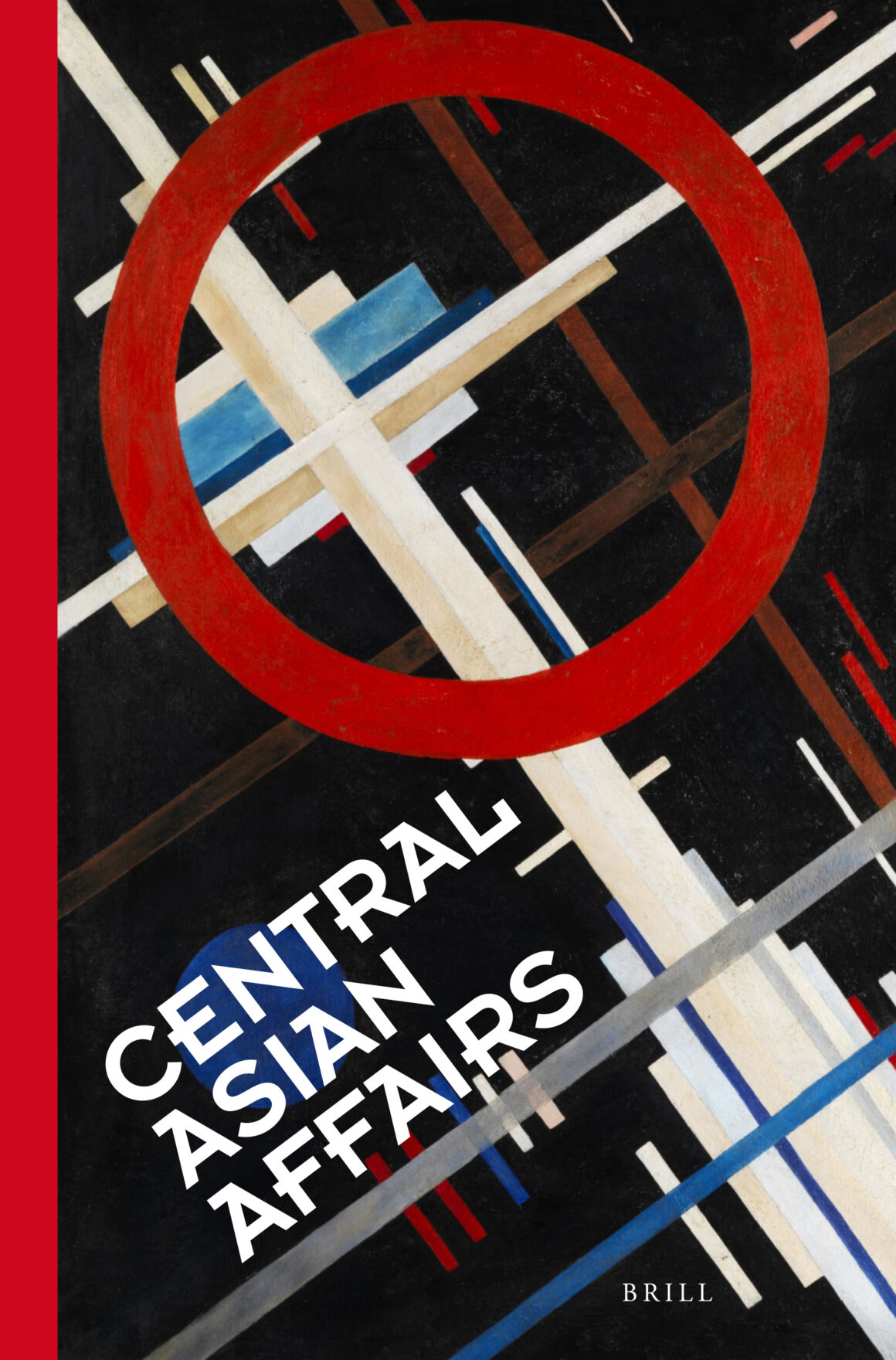
Central Asian Affairs is a peer-reviewed quarterly journal. It aims to feature innovative research on contemporary developments in the wider Central Asian region. Its coverage includes Central Asia, Afghanistan, the Caucasus, Xinjiang, Kashmir, neighboring powers (China, Iran, Pakistan, India, Russia, Turkey), and the role of leading international powers and donors in this region. Central Asian Affairs informs scholarly discourse and policy discussions on the region by engaging experts from across the policy and academic arenas, drawing on a diverse array of disciplines including political science, sociology, anthropology, economics, development studies, and security studies.

